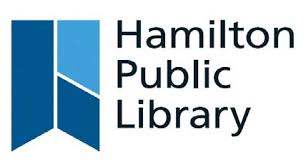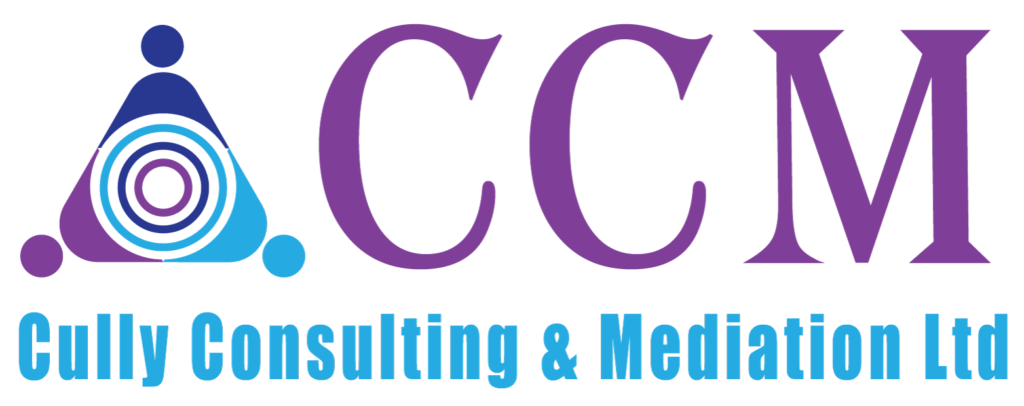These days, it’s more challenging than ever for teens to choose the right career path. On top of having a lack of real-world life experience and the self-awareness to help guide them towards making choices that are right for them, the world of work is changing so rapidly these days—the result of accelerating technological innovation, a fluctuating economy, and shifting staffing demands of companies across industries. What’s the end result? Many young adults who are struggling to find their purpose after high school.
5 ways to help your teen’s career path

Check our this Guide to Career Planning with your Teenager
Career exploration for parents and teens
The following websites, videos and articles will help parents in the specifics of guiding their teen as they begin to consider employment and career opportunities. It’s never too early or too late in your teenager’s life to begin these explorations!
- 3 tips to help parents become informed career influencers (CareerWise)
- 5 Ways to Help Your Teens’ Career Path (The Job Network)
- Career Exploration for Kids: how to teach your child how to choose an occupation (The Balance Careers)
- Explore Careers with Your Teen (Minnesota State)
- Helping teens choose a career path (NBC)
- How can today’s students be future-ready? (CareerWise)
- How to help my young adult find their purpose (Parent Toolkit)
- How to help students describe their learning on their resume (CareerWise)
- How to help your child navigate a route to career success (The Guardian)
- ‘Irrelevant’ summer jobs still equip students with valuable skills (CareerWise)
- Role of parents in career selection (iDream Career)
- The Parent’s Role in Career Selection (Qualifax)
- Tips for Parents: 8 ways to help your child’s career development (Career Key)
- Where there’s a WIL, there’s a way: Resources for experiential learning (CareerWise)
- Wondering Where Your Degree Might Lead You? (SFU Career Services)
Career Clusters
- Agriculture, Food and Natural Resources – includes everything related to the creation of agricultural products. This includes farmers, ranchers, scientists, engineers and veterinarians.
- Architecture and Construction – includes people who are involved in designing, building and maintaining homes, industrial facilities, streets or bridges. The roles vary from carpenter helper to safety engineers, so educational requirements vary.
- Arts, Audio/Visual Technology and Communications – may be the best career cluster for creative people. It includes journalists, actors, dancers, singers, radio announcers and behind-the-scenes workers.
- Business, Management and Administration – includes business analysts, accountants, HR professionals and managers, and many entry-level positions, like receptionists, secretaries and typists.
- Education and Training – includes teacher, tutor and instructor roles. This area also employs counsellors, school psychologists and speech-language pathologists who offer support and guidance to students.
- Finance – The roles are auditor, financial analyst, treasurer, economist, bank worker, debt counselor or insurance professional. Many of the jobs in the Finance career cluster require a bachelor’s degree or specialized certifications. For example, getting a Certified Public Accountant or Certified Internal Auditor license may be helpful for certain roles.
- Hospitality and Tourism – includes jobs you can do in restaurants, bars, tourist attractions, resorts, hotels and travel agencies.
- Human Services – includes not only psychologists, social workers and child advocacy professionals but also paths like hairdresser, manicurist and cosmetologist.
- Information Technology – for aspiring developers, web designers, network administrators and computer support specialists. Other careers in this cluster are computer science teachers, computer forensic professionals and information security analysts.
- Law, Public Safety, Corrections and Security – workers in this cluster protect citizens. They’re police officers, security guards, attorneys, paralegals and FBI agents. Attorneys must earn a bachelor’s degree, complete three years of law school and then pass the final bar exam. A police officer must pass the Law Enforcement Entrance Exam and graduate from the Police Academy.
- Manufacturing – can be great for people who enjoy working with their hands: equipment operators, millwrights, assemblers and warehouse workers. These roles usually only require on-the-job training, but there are other pathways that may require a bachelor’s degree. For example, there are workers who ensure safety in the factories, while others inspect the quality of products and services.
- Marketing, Sales and Service – includes salespeople, telemarketers, real estate agents, customer service representatives, market research analysts and marketing managers.
- Science, Technology, Engineering and Mathematics – includes some of the most highly educated workers, like biologists, engineers, mathematicians, statisticians, chemists and geoscientists. All the roles require a minimum of a bachelor’s degree in an appropriate field and professional engineers must also earn a state license.
- Government and Public Administration – includes people who help enforce the law. They’re tax collectors, municipal clerks, military workers and customs brokers. This cluster also includes postal service clerks, mail carriers and aircrew members.
- Health Science – includes doctors, nurses, pharmacists, paramedics and healthcare operators. Specialized training is required for all the roles in Health Science. Nurses must attend nursing school and earn a license while doctors have more educational requirements, like earning a medical degree.
- Transportation, Distribution and Logistics – drive and fix vehicles or work behind the scenes to make sure that public transportation is efficient at all times. They are drivers, pilots, rail car repairers, parking lot attendants, civil engineers and transportation planners.
To learn more about Career Clusters and how to use them, check out the Indeed Career Guide.
Where to Start?
Finding Your Spark: Why Sparks Matter
A spark is a metaphor for describing how young people experience talents, interests, or strengths that make them feel really happy, energized, and passionate, and that give them real purpose, direction, or focus.
Search Institute has conducted extensive research on why some young people thrive, while others just “get by.” Many factors play a role, but a key dimension is what we call “sparks.”
5 Rules to Follow as you Find your Spark by Simon Sinek
New Look is an organization that helps teens find their “spark”, or passion, & live purpose-driven lives. In this video, author, optimist & TED celebrity, Simon Sinek, gives 5 rules to follow as your youth finds their spark!
Explore Ontario’s Labour Market, Search 500 job profiles, or take a quiz to find 10 jobs that may be a good fit.

Looking at a career in Tech? HPL has just launched a number of online tech courses that give an introduction to cyber security, Linux, Python and the Internet of Things.

PATH is a non-profit agency that has been helping people with any kind of disability get and keep jobs since 1972. Disability is often a misleading and misunderstood term and they encourage you to appreciate that their focus is on the skills, talents, qualifications and, truly, the abilities of the individuals they work with.

Cully Consulting & Mediation Ltd. has years of experience in connecting candidates to their best fit. Resume writing, career and interview coaching and personal assessment tools.
Learn to understand your best fit and your teams unique mix of strengths and assets. From coaching to job placement, CCM offers a full cycle approach to ensure your career path is a successful one.

